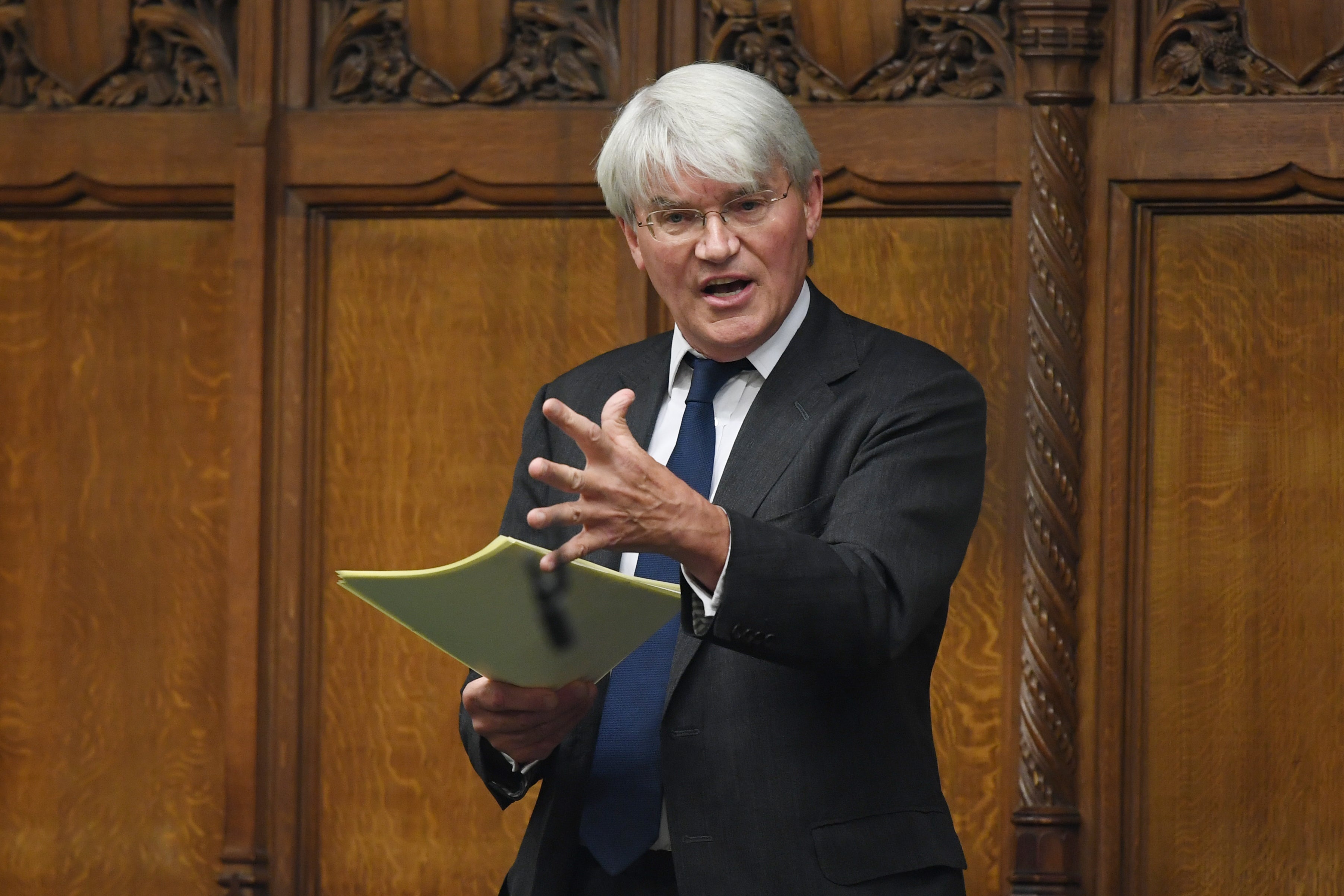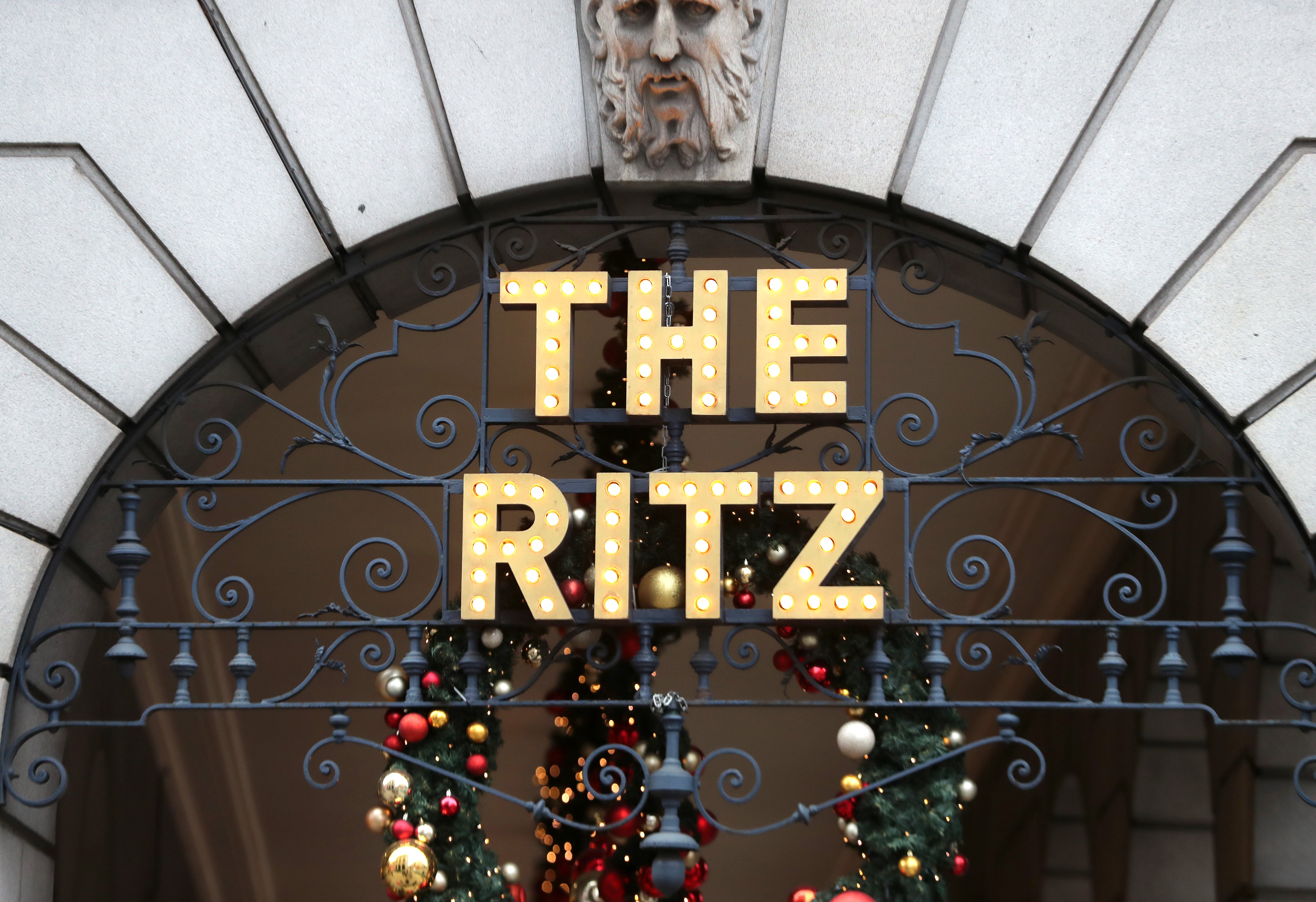
Sending migrants to Rwanda will save Britain money in the “longer term”, a minister has argued, despite critics describing the costs involved as “eye-watering”.
Under a scheme designed to crack down on migrants landing on British shores after crossing the Channel in small boats, the UK intends to provide those deemed to have arrived unlawfully with a one-way ticket to Rwanda.
Tom Pursglove, a minister at the Home Office and Ministry of Justice, said the aim was to allow transferred migrants to embark on “fully prosperous” lives in the central African country while simultaneously crushing the “cruel” business model of human traffickers.
The Conservative MP argued that, while the short-term costs would be “pretty equivalent” to what the UK is paying currently to accommodate those claiming asylum, the Rwandan scheme would eventually save taxpayers money.
However, former cabinet minister Andrew Mitchell said it would be cheaper to put those arriving in Britain up at The Ritz hotel in London’s Mayfair for a year.
In its criticisms, Labour has cited Australian Refugee Council offshoring figures, demonstrating that it had cost Australia more than £5 billion since 2013 to send 3,127 people to Papua New Guinea and Nauru as part of a similar policy.
Mr Pursglove, asked on ITV’s Good Morning Britain about the way the bill for Canberra’s scheme had run into the billions, argued that costs were “spiralling in relation to this illegal immigration” domestically and that there was a need to “get that under control”.
Home Secretary Priti Patel was in Kigali on Thursday to finalise a £120 million economic deal with Rwanda, and cash for each removal is expected to follow.
Mr Pursglove said: “There is this £120 million payment upfront to establish this partnership and, as we move forward, we will continue to make contributions to Rwanda as they process the cases, in a manner that is similar to the amount of money we are spending on this currently here in the United Kingdom.
“But longer term, by getting this under control, it should help us to save money.
“We are spending £5 million per day accommodating individuals who are crossing in hotels.
“That is not sustainable and is not acceptable and we have to get that under control.”
You’re going to send people 6,000 miles into central Africa, it looked when it was discussed in Parliament before that it would actually be cheaper to put each asylum seeker in the Ritz hotel in London
Mr Mitchell, a former Tory international development secretary, said the policy would prove “incredibly expensive”.
He told BBC Radio 4’s Today programme: “The problem with the scheme that they have announced is that I don’t think it will work.
“It is impractical, it is being condemned by churches and civil society, it is immoral and, above all for conservative advocates, it is incredibly expensive.
“The costs are eye-watering.

“You’re going to send people 6,000 miles into central Africa, it looked when it was discussed in Parliament before that it would actually be cheaper to put each asylum seeker in the Ritz hotel in London.”
The veteran MP said ministers should declare what the bill would be when Parliament comes to debate the Nationality and Borders Bill again next week.
Mr Pursglove, pressed again on the cost involved during his appearance on Today, said it was “impossible to quantify those figures at the moment”.
He said it would “very much depend on the volumes of individuals who are being relocated” and “the length of time they spend in the Rwandan asylum system”.
The Times reported that each migrant sent to Rwanda is expected to set British taxpayers back between £20,000 and £30,000.
The newspaper said this would cover accommodation both before and after the journey, as well as the cost of a seat on the flight itself.

It comes amid reports that the Prime Minister wants to see the first migrants flown out in roughly six weeks as the Government battles to curb migrant Channel crossings.
Mr Pursglove would not give an exact timeframe but told Sky News the policy would be implemented “quickly”.
The minister responsible for tackling illegal migration said those who had arrived in the UK since January 1 2022 via “illegal means” could be eligible to be “transferred as part of this arrangement” with Rwanda.
Separately, he argued it was “right” that the Royal Navy had been drafted in to police the Channel in a bid to ramp up patrols and “help us to stop” beach landings.
The Ministry of Defence said that, in the 24-hour period up to 11.59pm on Thursday April 14, the navy detected 562 migrants in 14 small boats in the strait.
The department said it did “not believe that any migrants arrived on their own terms in a small boat from the English Channel” on Thursday.
The published figures do not include the number of vessels intercepted by French border patrols.







